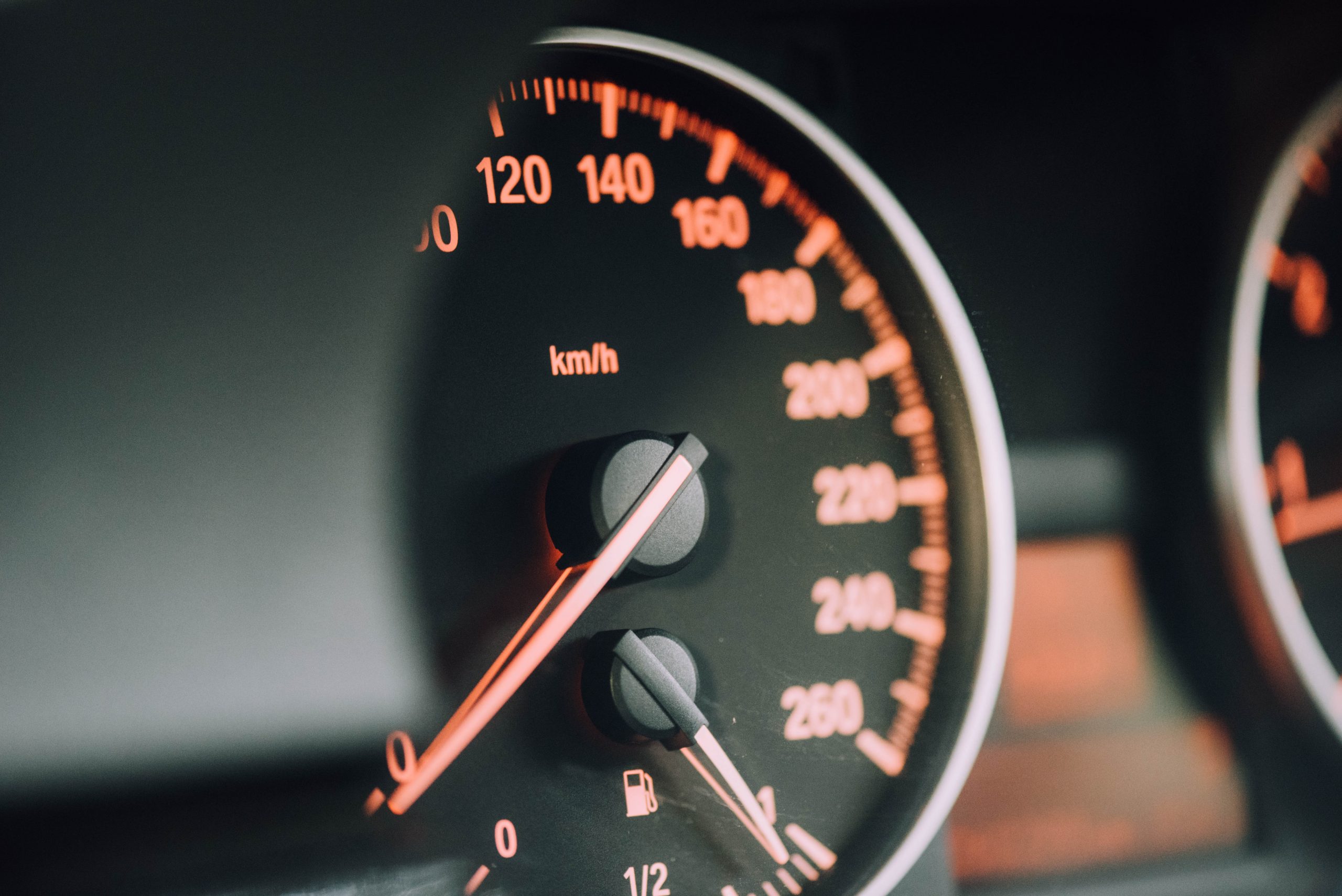When learner drivers are asked what the biggest causes are of road fatalities, they will most likely answer with the best-known issues – distractions from mobile phones, drinking, speeding etc.
One thing they almost certainly won’t come back with is sleep deprivation, and yet it is one of the biggest killers out there.
What are the stats?
We’d all like to think that we’ve paid attention in our driving lessons and it’s only the intentionally negligent that are at the root of our road’s death tolls.
But statistics show that around 20% of accidents on our major roads are caused by driver fatigue.
That’s an astonishing 500 deaths a year caused by people thinking that they’re fit to drive when they simply aren’t up to the task.
The sad reality is that because the driver is fatigued, they often don’t react until the accident has happened, meaning these accidents are more likely than others to result in a fatality.
Who are the likely culprits?
It’s no great surprise that more than 40% of accidents attributed to some form of sleep deprivation involve commercial vehicles. Given the great demand on deliveries in this ‘want it now’ world, this is perhaps to be expected.
However, another sleep-deprived dynamic posing the greatest risk are believed to be men under 30.
Perhaps it’s bravado, the ‘I know I can do this’ machismo, but the reality is that this is the most likely gender/age combination to fall asleep at the wheel.
Given that learner drivers now have an average starting age of 26 years old, it is vitally important that learners heed driving advice on how to avoid accidents caused by tiredness.
What can I do to prevent such incidents?
There are very clear guidelines that will help learner drivers avoid getting into bother through sleep deprivation.
- Far and away the best driving advice is to get plenty of rest beforehand. Research suggests that those travelling before 6am are far more likely to cause a crash due to tiredness than at 10am, so if you know you’re getting an early start, get an early bedtime.
- Take a break on longer journeys. In fact, take plenty of them. The recommendation is that a break of 15 minutes is required at least every two hours.
- Down some caffeine. Coffee isn’t predictable in the same way that caffeine fuelled energy drinks are, so the latter are the best option. But this is only a temporary measure and so should only be used to get you to the next decent opportunity to stop.
- Stop and have a nap. It might sound odd, but a brief power nap will do more to aid your tiredness than a wander round the service station car park.
The laws may not find it easy to prove tiredness as a cause of an accident, but if there are witnesses, then an otherwise law-abiding citizen can face the same full penalty under the law that another driver would if found guilty of causing death by dangerous or careless driving.
It may sound a bit overwhelming, but at Wimbledon Driving School we can provide you with all the advice you need to avoid falling into the tiredness trap.





